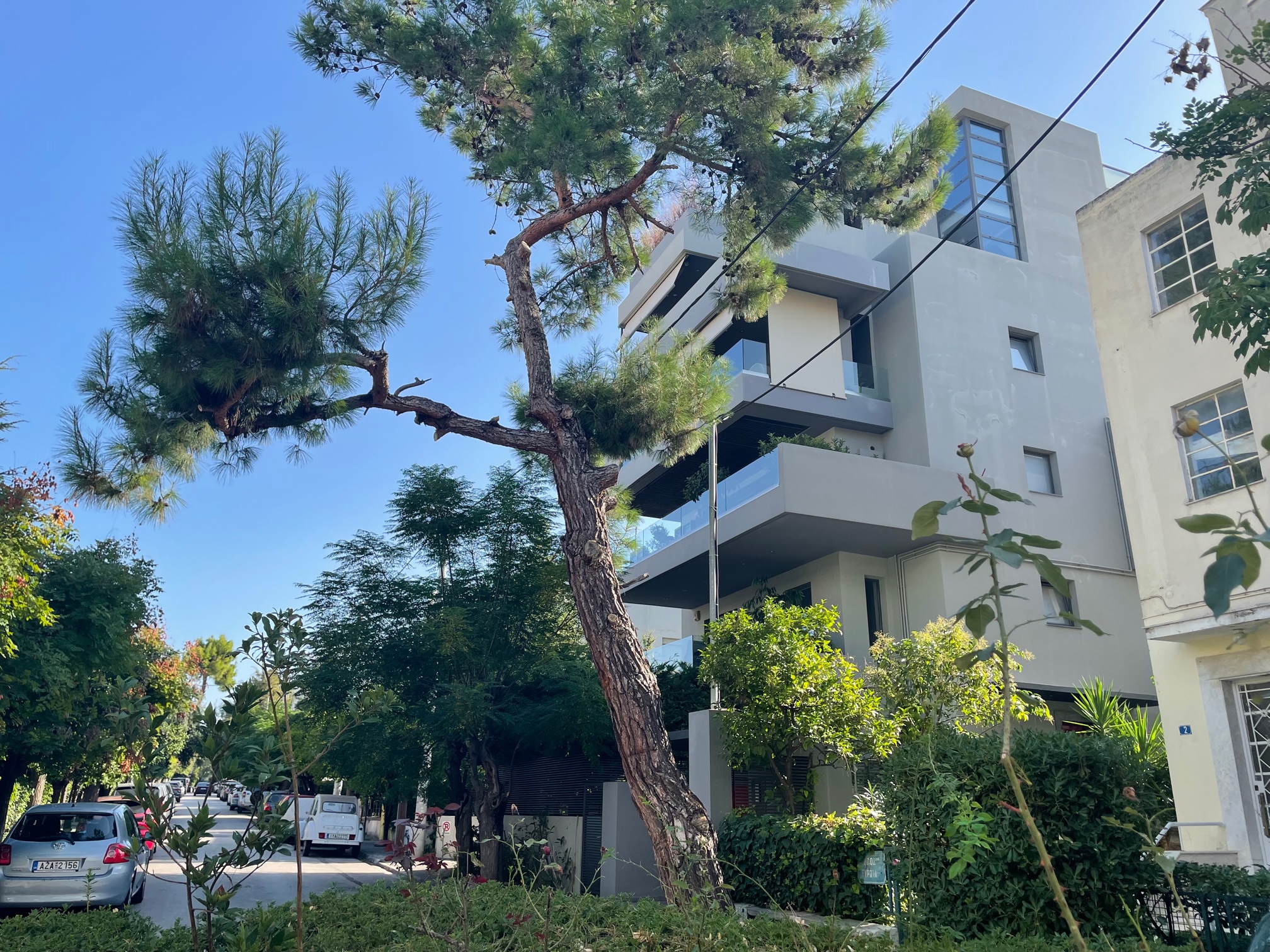A timetable has been set for the final decision by the president of the CoE, to be issued before the end of the year.
"The contested incentives of the New Building Regulation (NOK) are not granted automatically but are granted, after examination of the specific case and approval by the Council of Architecture, an independent body with the participation of scientists and representatives of the administration, i.e. the most competent body to examine the positive or, as the case may be, negative effects caused by the construction of a building with specific characteristics in the wider area" stressed the Technical Chamber of Greece (TEE) in its memorandum. The TEE pointed out that the provision of incentives is already applied in the largest European states citing examples of specific provisions of general application corresponding to the disputed ones which provide significant incentives (such as an increase in the permitted height and building and volume factors) in order to achieve energy and environmental upgrading of buildings".
"Study - Report on the consequences of NOK regulations - Comparative Evaluation", the Ministry of Environment and Energy submitted to the Council of State. As the Study of the Ministry of the Interior states: "The provisions of the NOK cannot constitute a deterioration of living conditions and a degradation of the existing natural and residential environment, but an improvement, in accordance with the original purposes of the legislator".
The design of buildings with almost zero energy consumption (high energy efficiency A+ and A++) contributes catalytically to the creation of a more sustainable and sustainable urban environment and is a prerequisite for the "green transition" and the creation of climate neutral cities.
In the Study it is pointed out that "even in the case of the possibility of applying the provisions cumulatively, in the cases of articles 10 in combination with articles 25 or 15, the additional statutory limitations of the ideal solid, the maximum permitted height and the mandatory distances from the limits of the plots of land.
With reference to the significant energy benefit of the incentives given through the NOK, 4 climate zones are examined, Athens, Thessaloniki, Kozani and Heraklion of Crete. "From the results of the comparison of energy consumption and emitted CO2 pollutants between a new building that meets the minimum requirements of KENAK (Regulation on the Energy Performance of Buildings) and a particularly high energy efficiency building (application of article 25 of the NOK "Incentives for creating buildings with almost zero energy consumption', a very significant energy and environmental benefit resulted.
The provisions of the NOK, and especially those related to the change of materials, the change of design, the liberation of urban space, constitute an additional weapon in the toolbox for dealing with the consequences of climate change, forming together with other spatial planning tools (e.g. .eg Athens Regulatory Plan, etc.) an overall framework for the promotion of actions, actions and projects with the aim of shielding cities against the risks of climate change.
In favor of the constitutionality of the NOK's motivations, but mainly against the possibility of the Municipalities to apply for the cancellation of the NOK's building permits, which they have issued through the YDOMs operating in their Municipalities, the side of the builders argued, emphasizing that: "The considered introverted application annulment of the Municipality of Alimos should not be accepted, as otherwise legal certainty is exposed to great risk". In this way, "the way is opened, so that the administration, instead of revoking the illegal acts that it indisputably issues itself, respecting the obligation of full and documented justification of the illegality (so that the protection of the governed is adequately ensured and can appeal against the revocation) , to proceed with annulment applications".
For its part, the Central Union of Municipalities and Communities (KEDE) points out in its memorandum that as it appears from the explanatory report of the NOK on the controversial building incentives (bonuses) to address the urgent need to mitigate the effects of climate change, the state should take care and provide as obligations of the owners the specifications in question in the buildings, including them in the prescribed regulations and without providing any relevant incentive. In other words, exactly as is the case with the special building construction obligations that are established based on the currently applicable Anti-Seismic Regulation, in order to avoid the collapse of buildings in the event of earthquakes.















